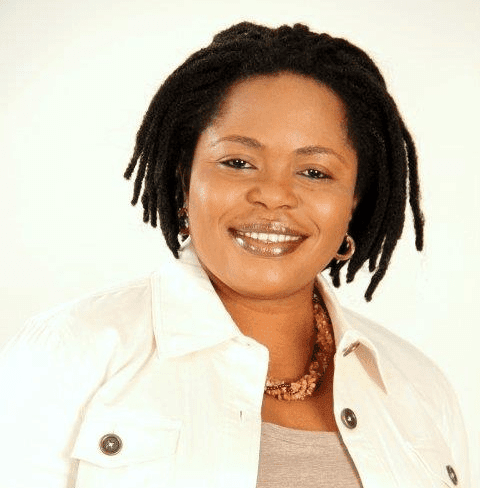Political Issues
APC: An Unstable Majority -By Bámidélé Adémólá-Olátéjú


Since Buhari won the presidential election in 2015, intra-party wrangling, subterfuge and outright sabotage have become standard fare in the politics of the All Progressives Congress (APC). The party is in no way different from the Peoples Democratic Party (PDP) it replaced. APC learnt nothing from the failure of the PDP. Indeed, Marx was right. History repeats itself, “the first time as tragedy, then as farce”. The last few months has been marked by gridlock, incivility, high wire political games and the politics of survival. Abuja is broken. Nigerians are more divided now than we have ever been in our history. The increasingly inflexible executive and the legislature are locked in their respective echo chambers, encased in a cesspool of make believe, hypocrisy, childishness, and waste. It is unfortunate that those who promised change have given us more of the same and have embarked on a deliberate project of polarisation, intimidation and vote buying, on a scale never before seen in our history.
We elected President Buhari hoping he would reinforce the guardrails of democracy by illuminating the notion of mutual tolerance, recognising the fact that political opponents are not enemies, and activating institutional forbearance by avoiding actions that violate the spirit of the law, while respecting its letter. These norms are vital to the fabric of constitutional democracy. With APC in control of the executive and the legislature, the Senate was perpetualy playing constitutional hardball, while the executive and its cabal routinely undermined the other co-equal branches of government, resulting in a weak and unstable majority party, unable to manage its success. The tragedy of Daura’s recent invasion of the National Assembly is a showcase to executive overreach and abuse of power. The administration knew the harm balaclava wearing, gun-toting men of the Department of State Services (DSS) could do to its reputation and hence removed him.
It is unfortunate that the institutional steps towards developing a greater and stronger nation were never undertaken nor given any priority by this administration. The security threats and socio-economic issues underpinning the choice of Buhari in 2015 still persist. With active politicking afoot for 2019, opportunities for a clear plan of action and co-ordination between the different arms of government, necessary to get Nigeria back on track, is a pipe dream. Everything has crawled to a halt because of the stalemate in the Senate where the APC has an unstable majority.
Amidst all these uncertainties and struggle for power, we are losing our democracy slowly and insidiously because of the erosion of mechanisms that safeguard free and fair elections and a strong constitution. Democracies work best when unwritten democratic norms of mutual tolerance of competing parties and forbearance in deploying institutional prerogatives are reinforced. More than ever before, the evil of the delegate system, instead of open primaries, in choosing candidates is manifesting more and more. Nigeria cannot be served by candidates who are beholden to special interests, with no sense of responsibility and accountability after buying their ways to power. Given the prevailing circumstances, in a short while, we could find ourselves helping an authoritarian to power. Like it was before General Sani Abacha happened to us, we Nigerians like to brag: “No, it can’t happen here.” At this rate, it can happen here. Our democracy is threatened by the unwholesome adaptation to inaction, incompetence, irresponsibility and lack of accountability. The worst imaginable can happen.
Whoever is unconvinced should take a look at the two major parties. So far, APC has nothing to run on, other than the “no alternative to Buhari” platform. Within the APC, we are seeing an unprecedented centralisation of power, whereby everything is expected from the top. For candidates down the ballot, there is no strategy. Everyone running is relying on vote buying because the grassroot dynamism we used to see is no longer at play. The politics is of see and buy votes. Political rallies are no longer avenues for selling policy propositions, they have been reduced to dance fests where politicians compete for the ridiculous. In 2019, candidates without established grassroots bonafides will most likely be presented to the electorate for their loyalty to certain interests, other than those they seek to represent. Facts are stubborn. The APC may yet maintain their unstable majority in 2019, but insecurity, mass killings, selective prosecution, allegations of corruption, a barely-there economy and overall stasis in governance is a legacy the government will have to confront. The game is on!
Bámidélé Adémólá-Olátéjú a farmer, youth advocate and political analyst writes this weekly column, “Bamidele Upfront” for PREMIUM TIMES. Follow me on Twitter @olufunmilayo



















